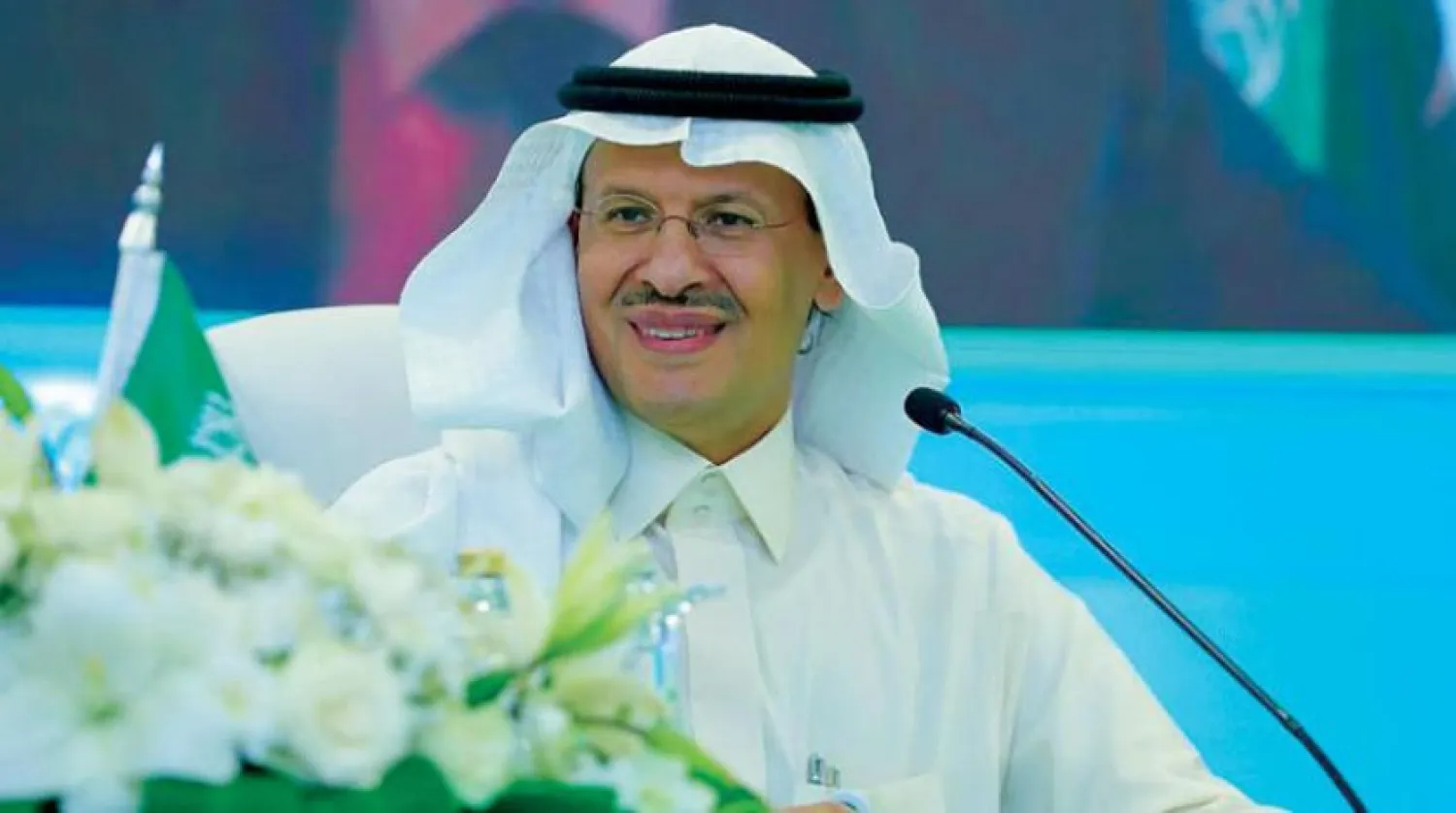Saudi Energy Minister Prince Abdulaziz bin Salman stressed that OPEC+ did not target specific prices or price ranges, but rather sought to support market stability and balance supply and demand for the benefit of the petroleum industry.
Prince Abdulaziz, who chairs the ministerial committee in the OPEC+ alliance, told an interview with Energy Intelligence, on Wednesday, that the decision to cut 100,000 barrels of oil per day until next October was “an expression of our willingness to use all of the tools in our kit.”
“This simple tweak shows that we are attentive, pre-emptive and proactive in terms of supporting the stability of the market to the benefit of market participants and the industry,” he added.
The minister explained that the reduction was a measure to return to the production levels of August, noting that the increase of 100,000 barrels per day was planned for the month of September only.
“As the OPEC+ meeting clearly stated, this measure was a reversion to the production level of August. The addition of the 100,000 barrels in September was always intended as a measure for that month only,” he told Energy Intelligence.
Commenting on the signs of a looming global economic recession, the minister said: “We are seeing mixed signals in relation to economic growth from different parts of the world, and there has been a tendency towards exaggeration in some of the negative analyses of the global economic situation.”
He continued: “In this regard, we think the jury is still out, but that only reinforces the need to be ready to use all the tools in our kit. It’s also worth highlighting that historical data indicates that you could have recessions with limited oil demand contractions and in fact you could even have demand growth in recession years as was the case in 1991.”
Prince Abdulaziz said he believed that the oil futures market has fallen into a “self-perpetuating vicious circle in the paper market of extreme volatility and very thin liquidity.”
“This has undermined the market’s essential function of efficient price discovery, with prohibitive costs for users of hedging and risk management techniques in oil and other commodities, creating new types of risk and instability. This cycle is exacerbated by speculative reports and analysis about demand destruction, possible return of large supply volumes, and measures related to price caps, embargoes and sanctions,” the minister remarked.
Asked whether OPEC+ had any intention of defending a certain price range, he stressed that the group did not target prices or price ranges.
“Its aim is to support market stability and supply and demand balance for the benefit of market participants and the industry,” he stated.










